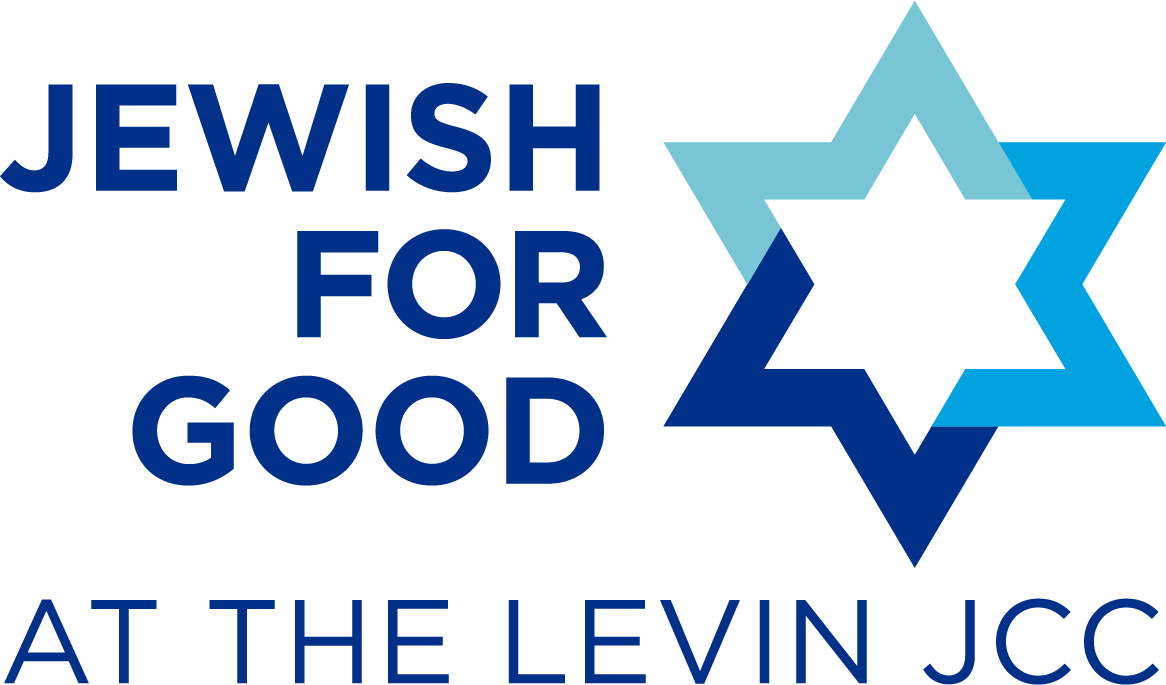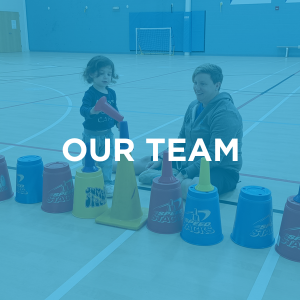Home > Learning > Early Childhood Learning Center > Discover
Discover the ECLC Way!
At the Early Childhood Learning Center, we are focused on exploring, imagining, and creating.
Children will explore Jewish life and values, imagining and engaging in enriching experiences all while creating a meaningful community. We provide an inclusive Jewish environment through our play-based curriculum, while meeting the guidelines set forth by the National Association for the Education of Young Children regarding five interrelated dimensions of early childhood practice.
These dimensions are:
Creating a caring community of learners
Teaching to enhance development and learning
Constructing appropriate curriculum that dovetails with early learning standards through a variety of multi-sensory activities and follows curriculum themes.
Continually observing and assessing children’s learning and development.
Establishing reciprocal relationships with all families.
![IMG_0115[22].jpeg](https://images.squarespace-cdn.com/content/v1/5f15c0bf4c179f0f83f2adc1/1750777808837-UHAHKWNKC49UWG6T20LB/IMG_0115%5B22%5D.jpeg)



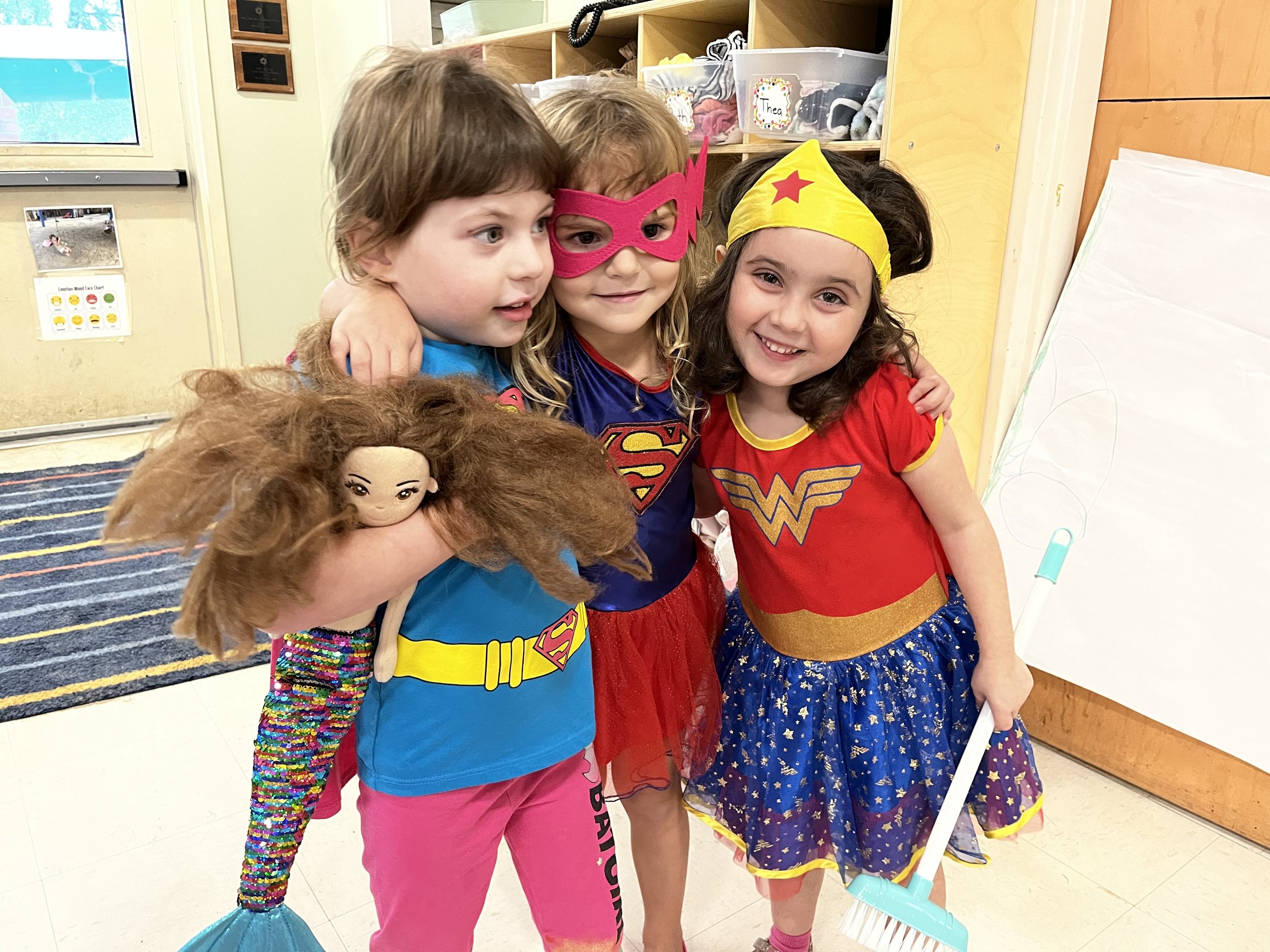
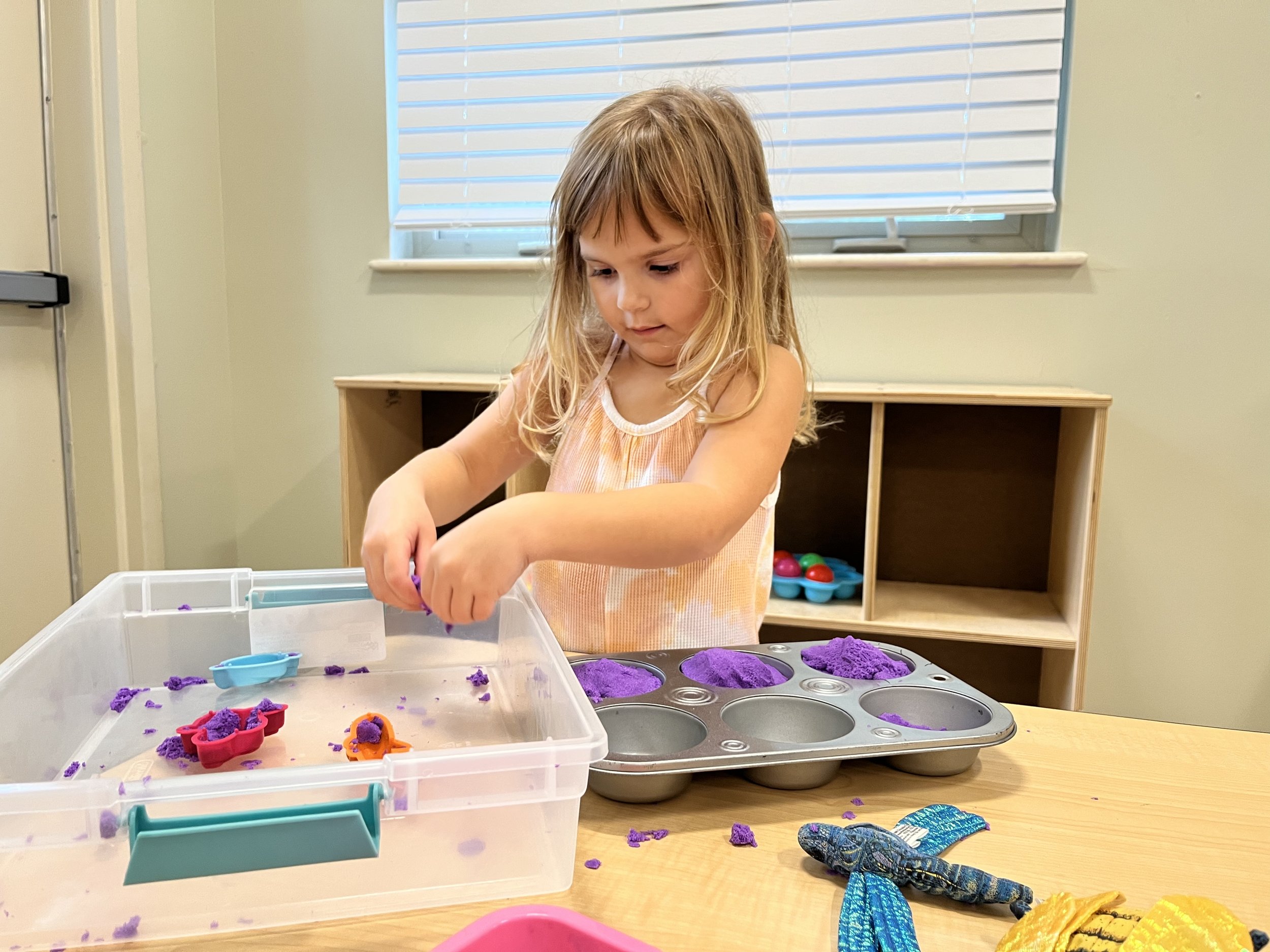
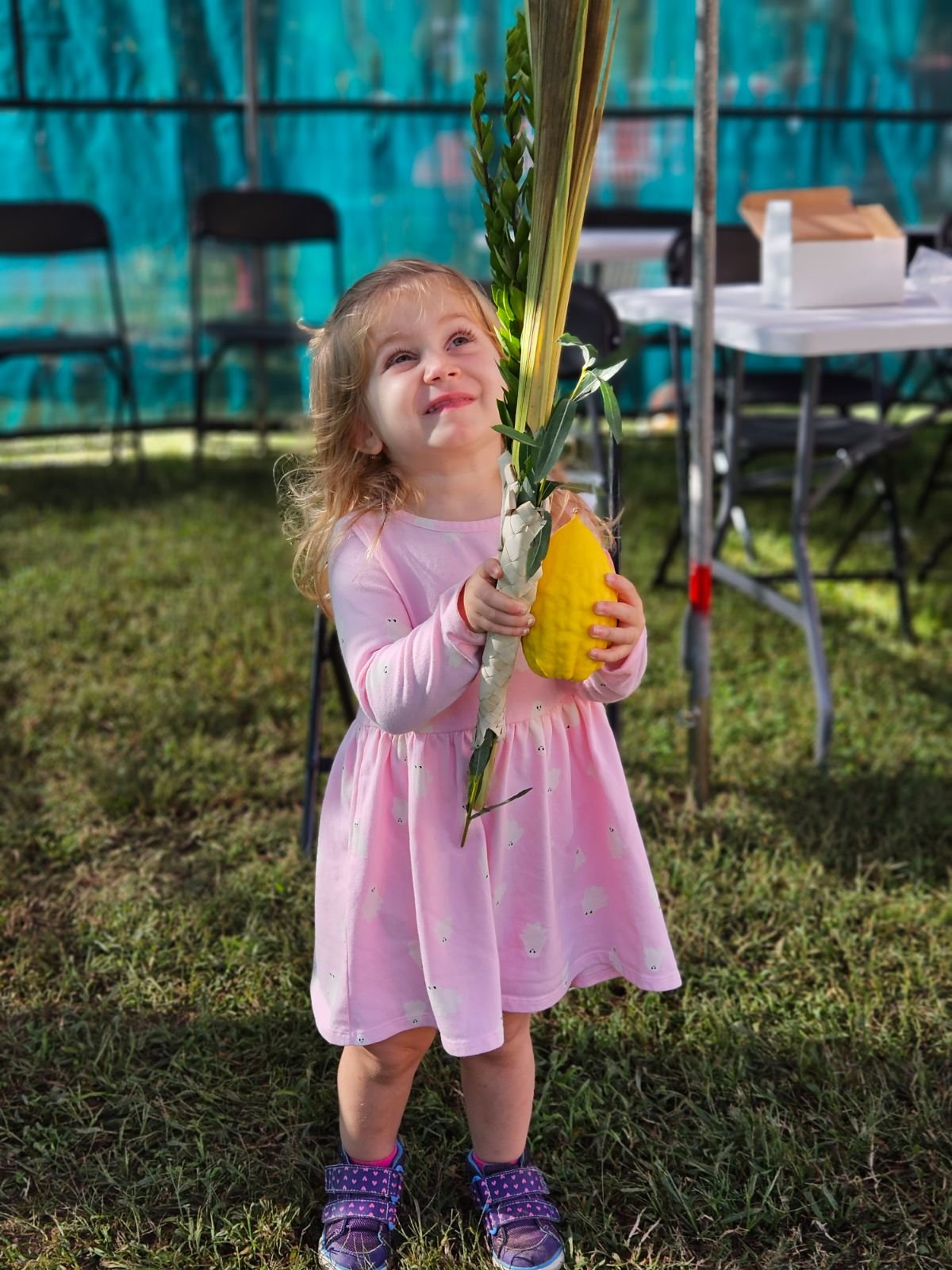
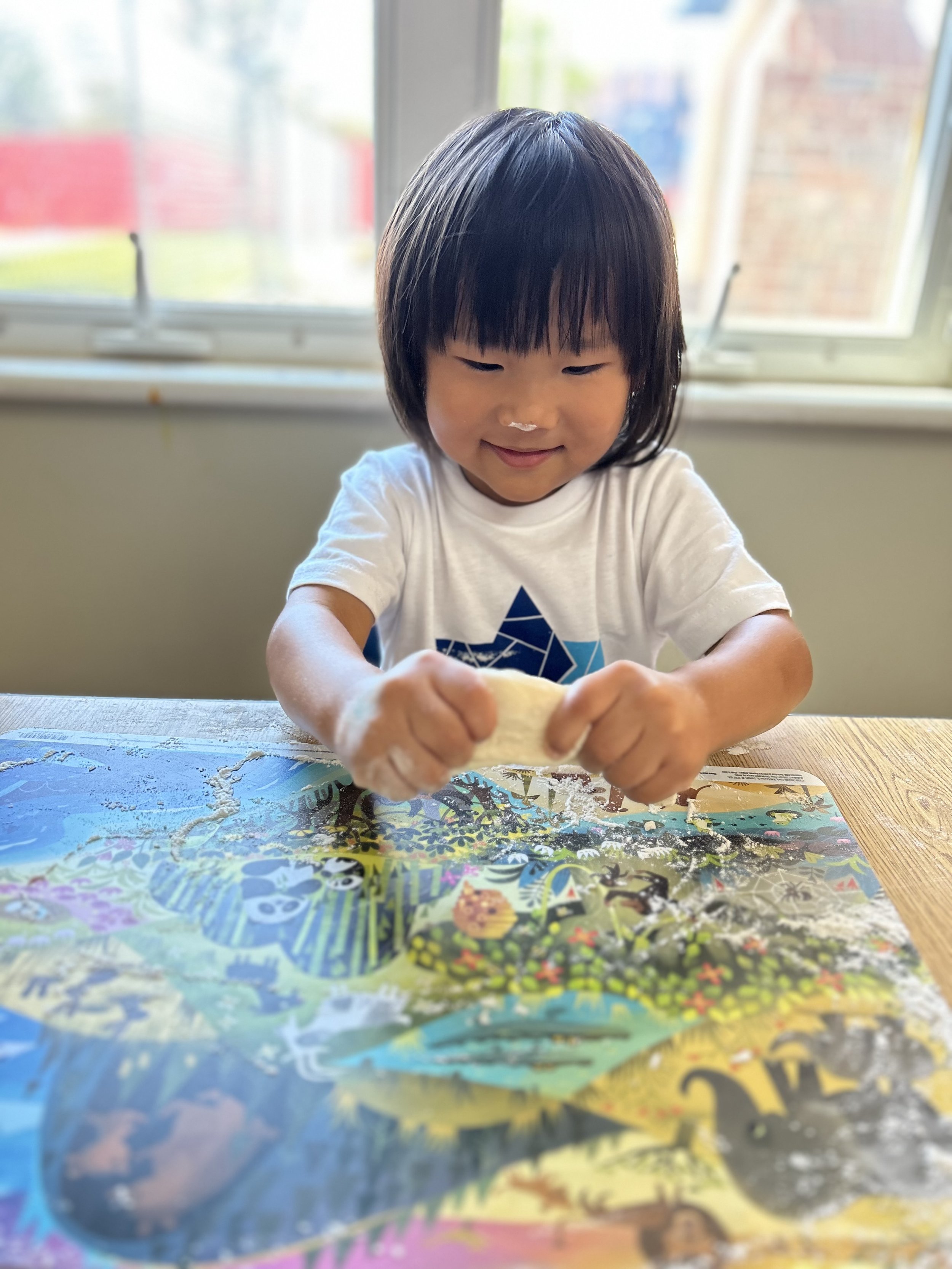
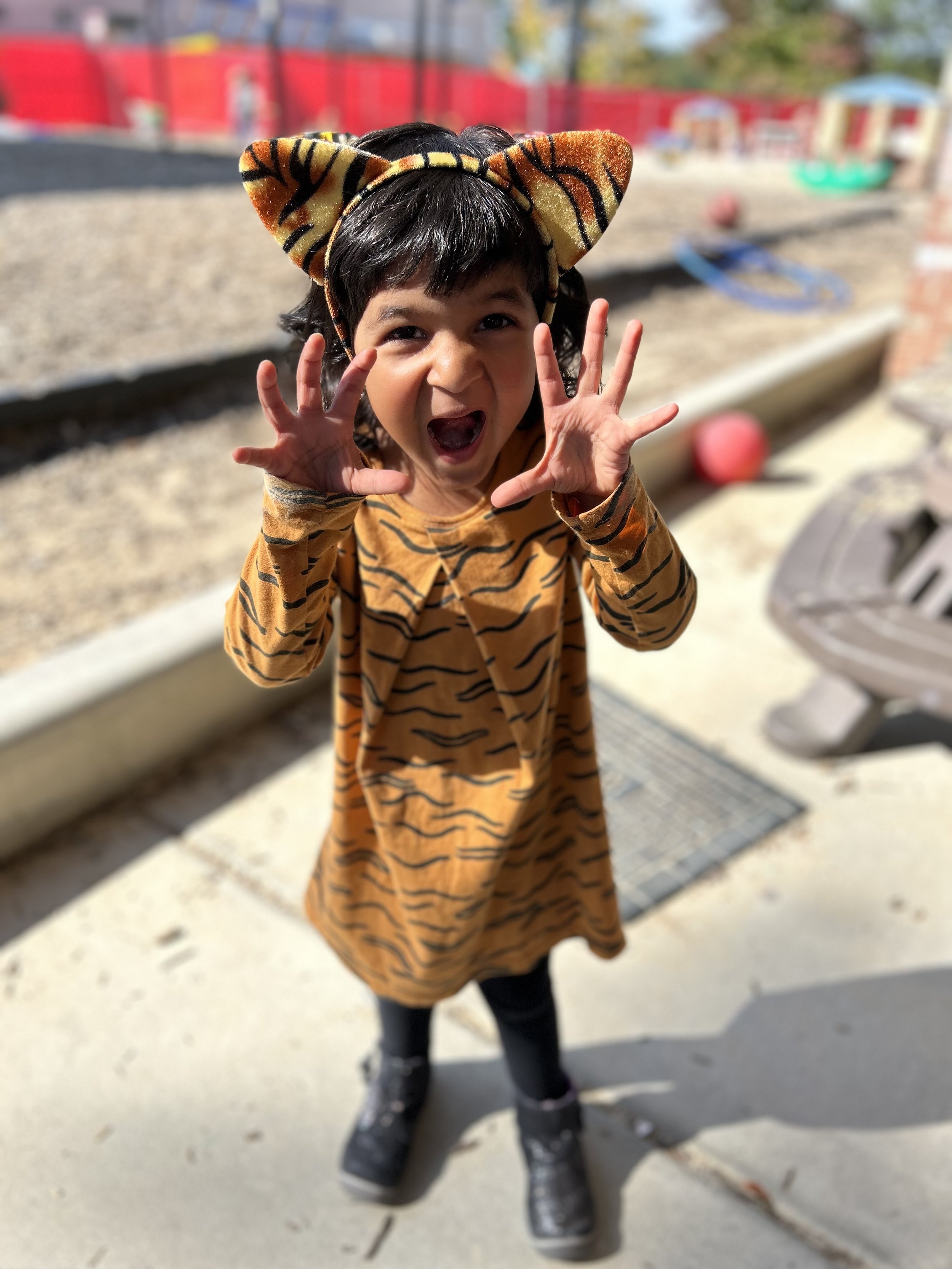
The child educational philosophy at Jewish for Good’s ECLC supports a “whole-child” concept of development by meeting each child’s emotional, social, cognitive, physical, spiritual, and emerging cultural needs.
Our programs are based on the assumption that a child’s growth is a sequential process and that children pass through predictable stages of development in all areas and within age ranges. A fundamental belief at the ECLC is that children have the right to be cared for in a safe, healthy, nurturing, fun, and respectful environment by adults who are well-trained in child development principles. Furthermore, children learn best through play and playful interactions within this kind of environment.
A team-teaching approach is practiced in each classroom. Together, the professional staff implements overall program goals and objectives through curriculum units intended to meet the children’s individual development needs, as well as the needs of the group. We embrace an eclectic curriculum style that celebrates the diversity of our staff and our families, and is theme-based throughout the whole ECLC.

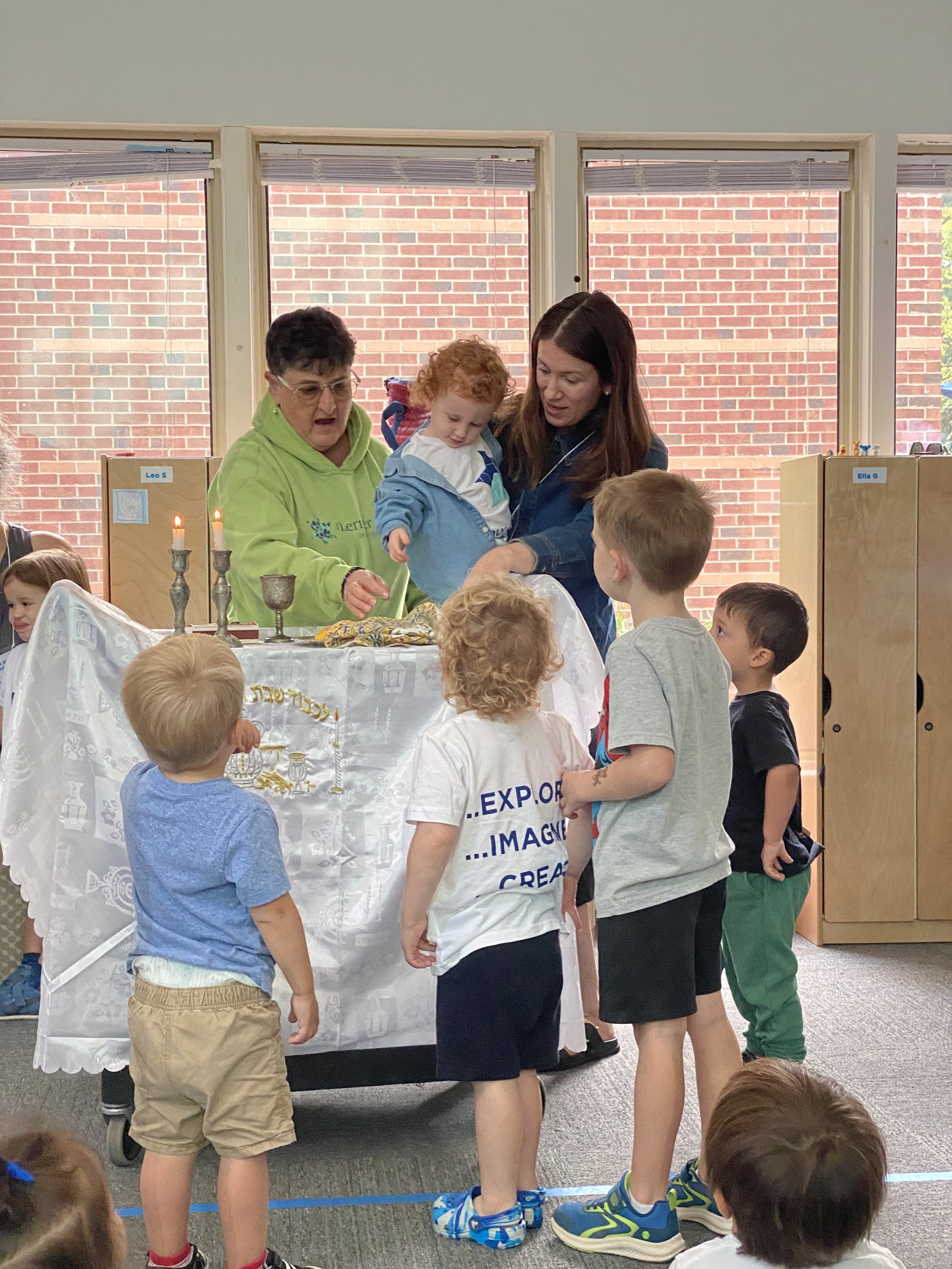
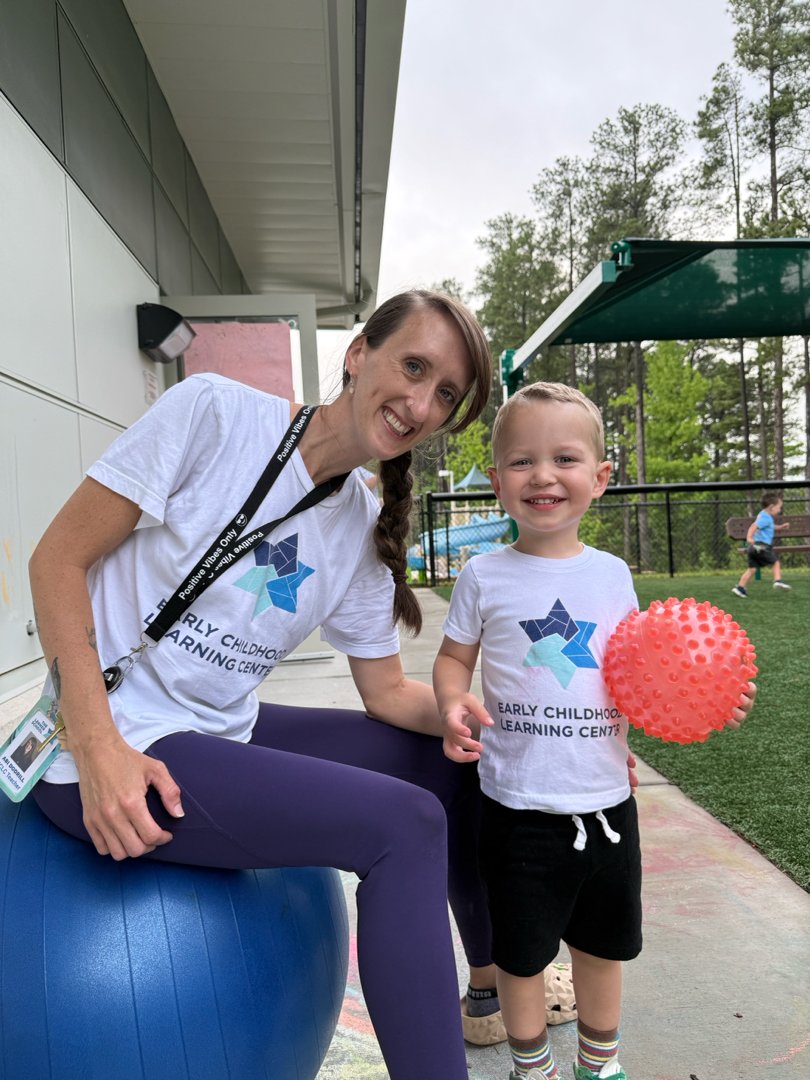
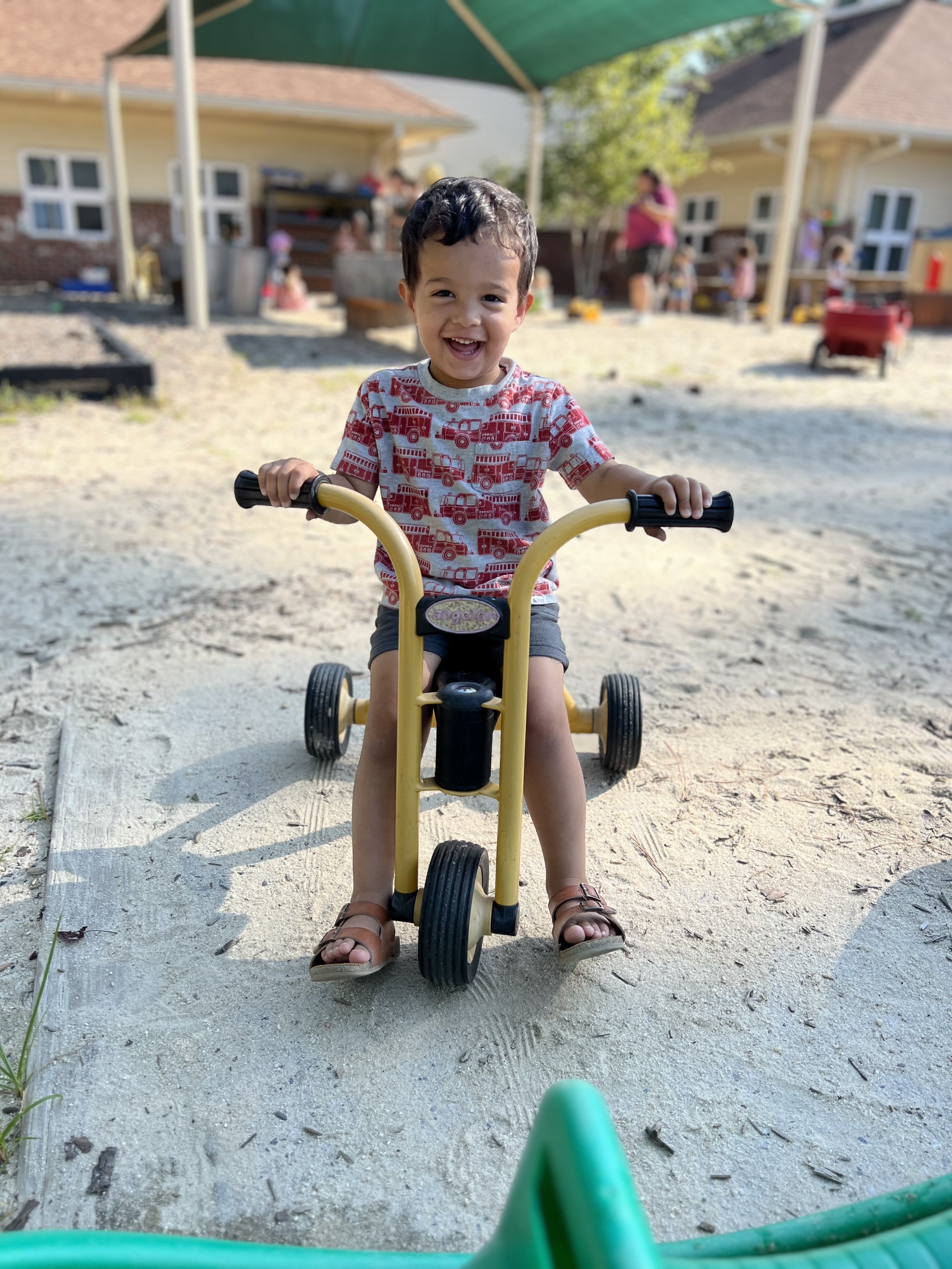
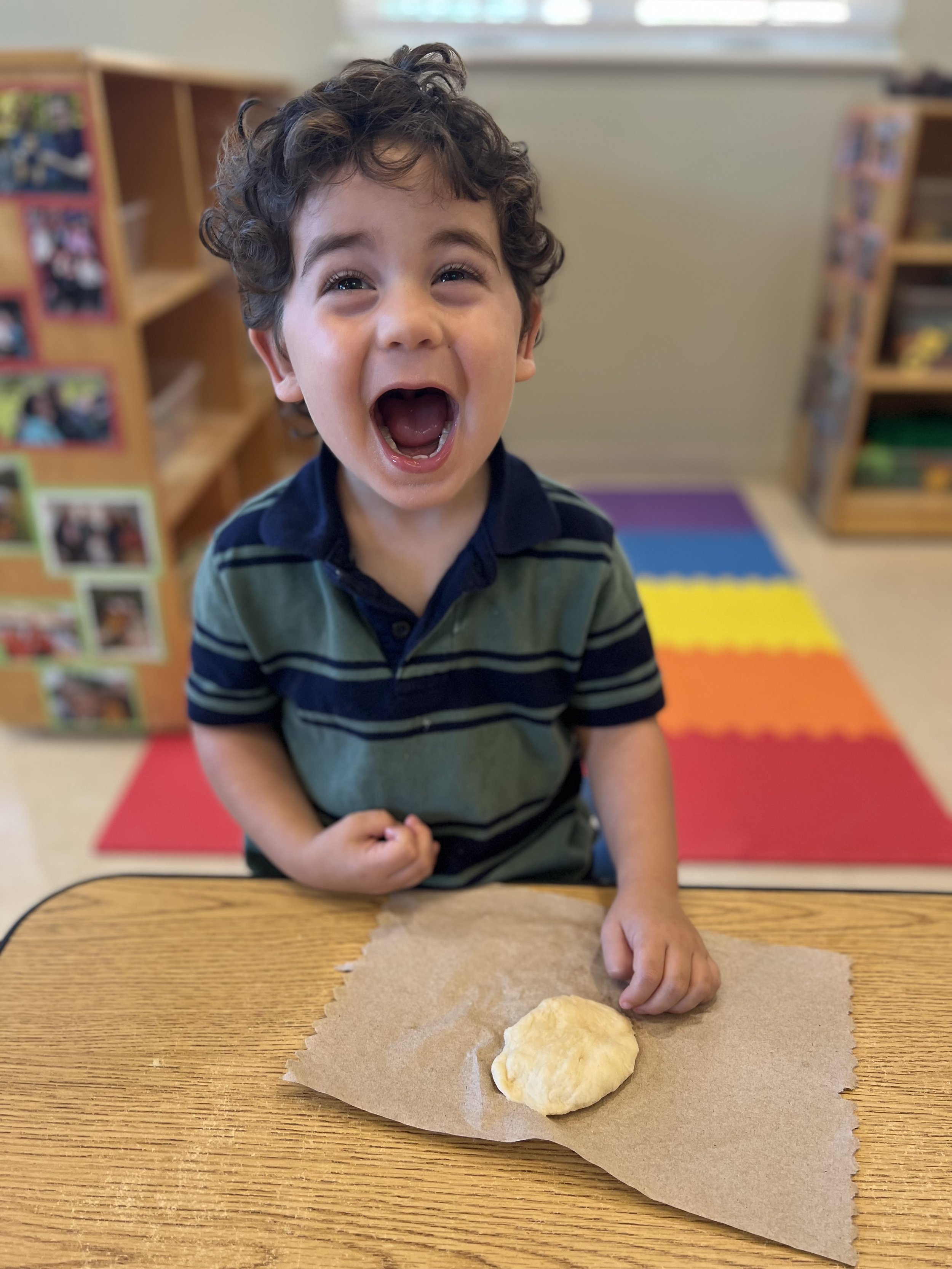
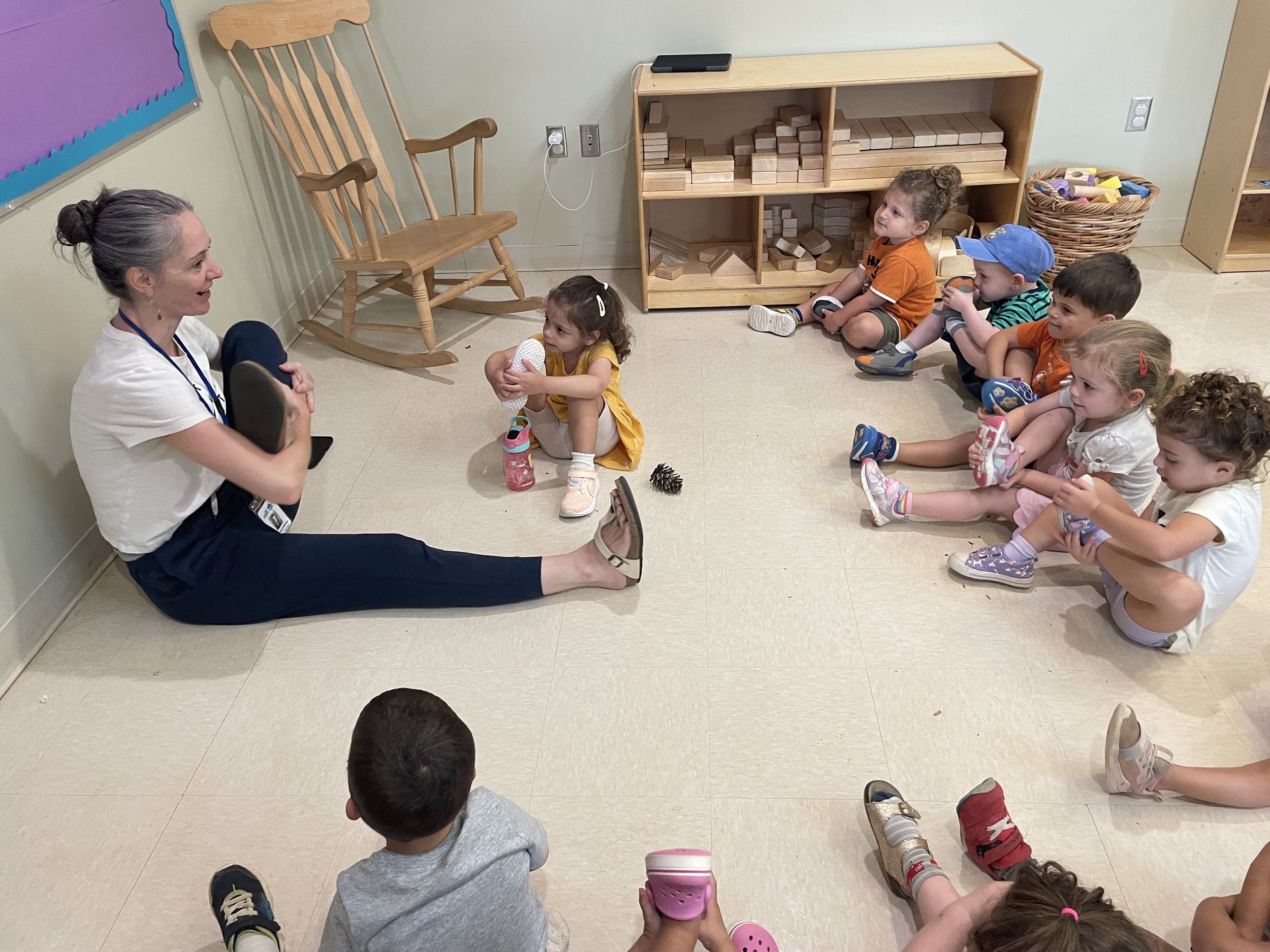
Some characteristics and their corresponding Jewish values we believe to be important for teachers to help children acquire within a group setting are:
Self-esteem: A sense of identity, self-respect, and confidence (B'tzelem Elohim)
Competence in body and mind: A sense of mastery (Shmirat HaGuf)
Problem-solving and conflict resolution ability: A sense of reasoning and responsibility (Shalom)
Personal and interpersonal strengths: The ability to communicate with and be sensitive to others; to get along with others. (Kehillah, G’milut HaSadim)
Appreciation of diversity: A sense of understanding and respect for differences (Hachnasat Orchim)
Creativity and innovation: A sense of confidence and growth, a desire to learn. (Chochma)
Openness: A sense of trust and honesty
Recognition of emotions: The ability to understand and express feelings in appropriate ways (Kavanah, Shmirat HaOzen)
These characteristics are developed through meaningful experiences provided by the classroom teachers, using the learning-through-play approach. Through play, children learn about themselves, their environment, people, and the world around them. When given the environment to make choices and explore differenct activities and experiences, children learn a great deal.
Our Early Childhood Center is open Monday through Friday, 7:30am-6pm.
We are licensed by the North Carolina Department of Health and Human Services, and we embrace the elements of the JCC Association Sheva Center, focused on innovation in Early Childhood Jewish Education and Engagement. We monitor child development utilizing the Ounce Scale, which provides structure to observations and collection of work samples, photos, and notes through a portfolio approach. These materials are shared with families twice a year when we hold parent-teacher conferences. Each classroom uses ClassTag to communicate daily with families.
